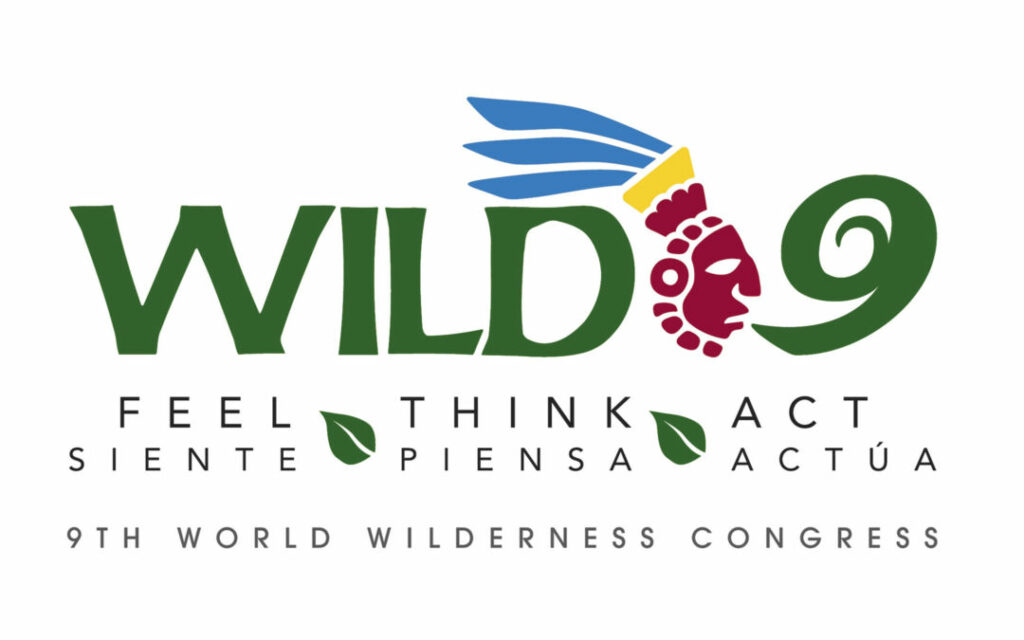
Stephen Leahy reports on the launch of Nature Needs Half at WILD9, the 9th World Wilderness Congress (Merida, Mexico, November 2009).

Press on the Nature Needs Half launch, written by Stephen Leahy on IPS news.
MÉRIDA, Mexico, Nov 17, 2009 (IPS) – At least half the planet must be protected if humanity is to survive the next century, declared conservationists at the conclusion of 9th World Wilderness Congress on Friday, Nov. 13.
“That is what the science said, this is what many aboriginal people say,” said Harvey Locke, the Wild Foundation’s vice president of conservation strategy.
“It’s time to speak the simple truth: The whole thing unravels without protecting at least half of the planet,” said Locke.
A leading economic report released in Brussels also on Nov. 13 pegged the cost of the ongoing loss and degradation of nature’s “infrastructure” at a staggering 2.5 trillion to 4.5 trillion dollars a year.
The enormous challenges humanity faces this century – like a warming planet, freshwater shortages, pollution, declining fisheries, desertification and unsustainable food production – cannot be solved without protecting more than 50 percent of Earth’s land and oceans, Locke told IPS. Protection doesn’t necessarily mean more national parks, but a ban on resource extraction and all forms of development.
“We all know we aren’t sustainably managing the Earth,” he told participants at the WILD9 congress, a partnership between the WILD Foundation, an international, non-governmental non-profit based in the United States, and Unidos para la Conservación, a conservation organisation in Mexico.
“It is time for us to state clearly the scale of conservation intervention needed to make the 21st century one of hope instead of despair,” he said.
This ambitious vision is based on the current science, said eminent conservation scientist Kenton Miller, former chair of the World Conservation Union’s (IUCN) World Commission on Protected Areas.
In 1982, experts like Miller pushed for protection of 12 percent of each major ecological zone in each country of the world by 1992. Many countries eventually achieved this by 2009, but with a fuller understanding of climate change and other threats to humanity it is now clear at least half the planet must be under some form of protection, Miller told IPS in Merida.
“We must protect and restore the systems that drive the living planet and provide us with air, water and food,” he said.
Living things regulate the climate, recycle and clean the air, water and organic matter. In the past few hundred years, human beings have greatly disrupted those natural processes through deforestation, overfishing, and more recently through pollution and emissions of greenhouse gases. Continue reading >
Comments are closed
Hi, I was recently in Colorado for the 8 th World Ranger Congress and heard Harvey Locke talk. I was inspired and want to help achieve this vision. I am a National Park Ranger and a High School Teacher. I want to create an NGO in Australia called ” 50 for Nature” that works with people and communities across the globe on projects that neighbour, link or compliment Protected Areas utilising funds provided by the Corporate sector where damage has been done. As well as educating on sympathetic land management practices. Is it ok to use this “50 for Nature” and any advice would be greatly appreciated. thanks Wendy